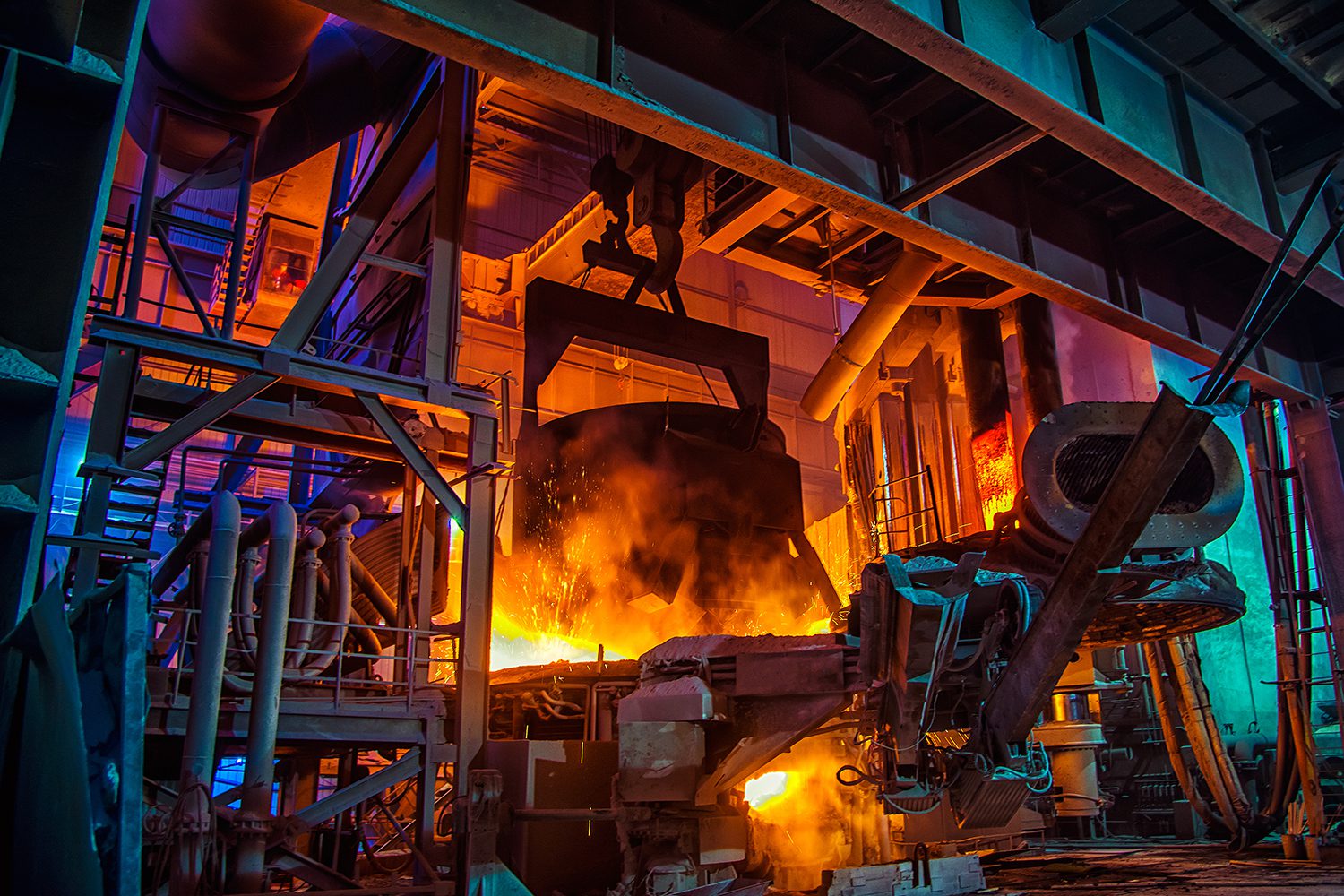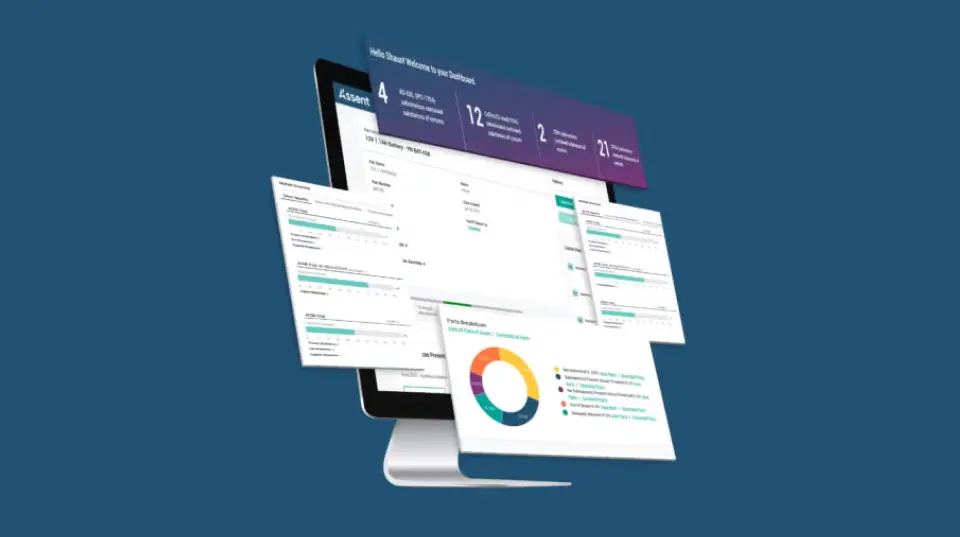If you went back in time to 2023 and found a recording of me talking about sanctions package 12, you would have probably heard me saying something like, “These steel sanctions won’t have that big of an impact on the average manufacturer outside the steel industry.”
Boy, was I wrong. Before I explain why, let’s look at the details of the package.
What Do the Latest Steel Sanctions Cover?
Russian aggression against Ukraine has seen the U.S., UK, EU, and Canada implementing broad sanctions against Russian entities, introducing complex challenges for companies. Specifically, the EU’s recent sanctions demand that companies to be more diligent when importing steel and steel-based products, requiring thorough verification of material origins to avoid legal repercussions and disruptions.
If you look right at the top of page 10 of the FAQ that accompanied package 12, it gets into the range of harmonized system (HS) codes the package tackles. Down the page, the guidance talks about other examples of what I refer to as “steel-based goods” that EU customs may be putting scrutiny on. The sanctions target tariff codes within the combined nomenclature (CN) 7206-7229 range, which apply exclusively to iron and steel products, as outlined in Annex XVII. This focus is on goods processed in third countries that use iron and steel that originate from Russia, effectively covering raw steel and its derivatives.
Here’s an example of what I mean: Say you’re shipping a bag of parts into the EU that contains nuts, bolts, and screws. Simple things, right? Those may be classified under code 7318 because of substantial transformation, they were reclassified after cutting and stamping from a steel rod (CN 7215). They’d get labeled the same way your local hardware store would label them. But if you rely on those parts to assemble your product, you could be in for a rude surprise when you’re hit with a stop shipment. Stop shipments frequently occur within the 7300 tariff range, and that’s why you need supply chain due diligence across all categories of steel-based goods.
In other words, a simple bag of screws can entirely shut down a company’s ability to sell products. What else in your products could be considered a steel-based good? The reason we’re seeing so many stop shipments is because companies aren’t thinking broadly enough. Don’t let limited visibility into steel in your supply chain and parts put you at risk.
You Need Verifiable Proof in Steel Sourcing Compliance
When I started talking with manufacturers about these new sanctions, I kept hearing, “This will pass,” and, “This won’t affect us.” However, I’ve now had over 100 companies contact me about this issue, and several of them are already facing stop shipments because of small steel parts. The ones feeling the hurt most are those who totally underestimated their risk. Others are feeling significant pressure from EU customers for airtight sourcing data. If you think you won’t be affected, I challenge you to look deeper into the steel in your supply chain.
These sanctions require that companies conduct due diligence to verify there’s no Russian or Belarusian connection to their steel-based goods, even when they’re processed in third countries. A letter of assurance from a supplier is not going to cut it and it’s not going to get your goods past customs. A simple declaration of origin? That’s also not enough proof of compliance because it doesn’t give authorities visibility into your complex global supply chain. To make the grade, you need documented due diligence that shows:
- The source of the steel (country of origin data)
- Compliance with provisions regarding third-country processing
Comply or Say Goodbye to Your Market Access
These sanctions represent a human rights issue that people are passionate about, and enforcement actions are intensifying. There’s going to be risk for any business that doesn’t take them seriously.
In the U.S. there were 10 fines totaling over $557 million USD for sanctions violations in the first nine months of 2023 alone. In the EU, the UK has established a new unit to target firms bypassing Russian sanctions, and the EU is pushing for stronger enforcement and monitoring mechanisms against Russia.
Going forward, managing sanctions is a must in your risk management program. Your compliance processes need to be robust, transparent, and capable of withstanding external examination to maintain uninterrupted operations and avoid substantial fines.
Safeguard Against Sanctions
So, what can you learn from my experience? First, that it’s easy to underestimate the impact of sanctions until you really dig into your supply chain and assess all the materials, major and minor, that could be affected. Second, it’s vital to get ahead of these things before they cause a significant disruption to your operations.
Whenever a new regulation or sanction starts making waves, it reminds me of my favorite scene from a late ’90s sitcom called 3rd Rock From the Sun (I know I’m dating myself, but what can I say? The ’90s were the golden age of sitcoms). In the scene, the main character — an alien who struggles to act human — gets into a fender bender and then tries to purchase car insurance to cover the accident, and then can’t believe the insurance agent won’t cover the damages since it happened prior to his coverage. It’s played up for comedic relief, but you’d be shocked at how many manufacturers take the same approach. Protect yourself with proactive due diligence measures instead of acting only after you’ve started losing money.
Assent provides a proactive and structured approach to keeping sanctioned entities out of your steel supply chain. We’re here to help you meet your sourcing requirements and get your program on track with global trade compliance. Schedule a demo to see our supply chain sustainability management solution in action and chat with a compliance professional.















